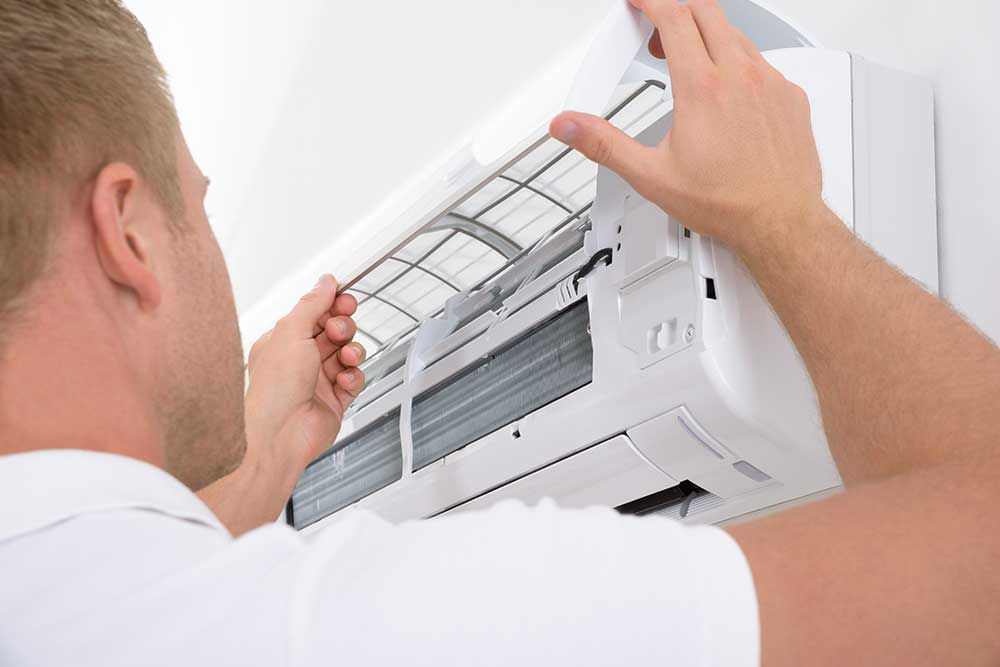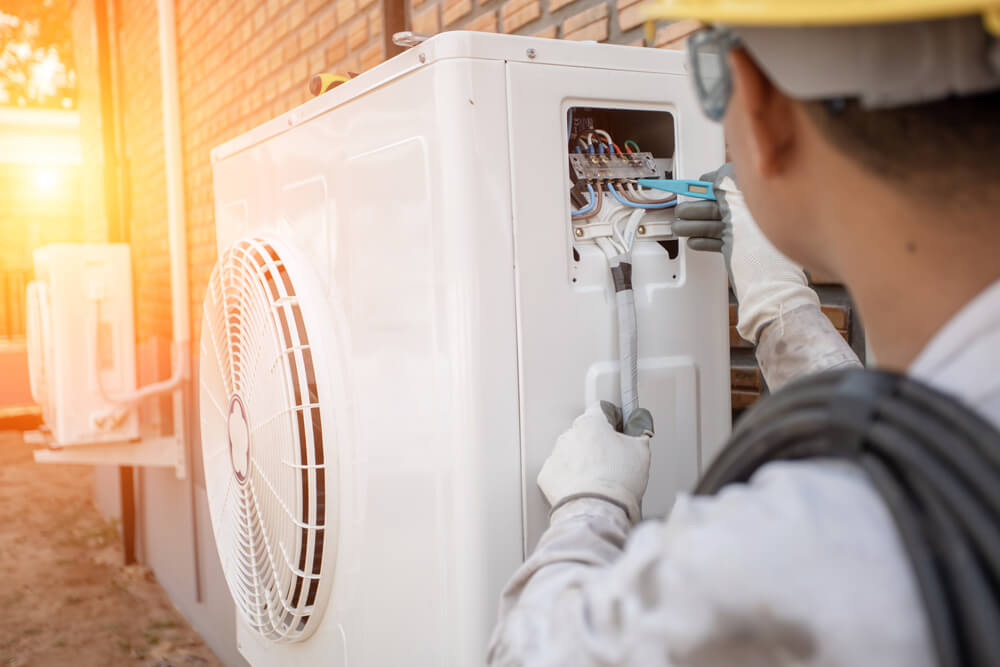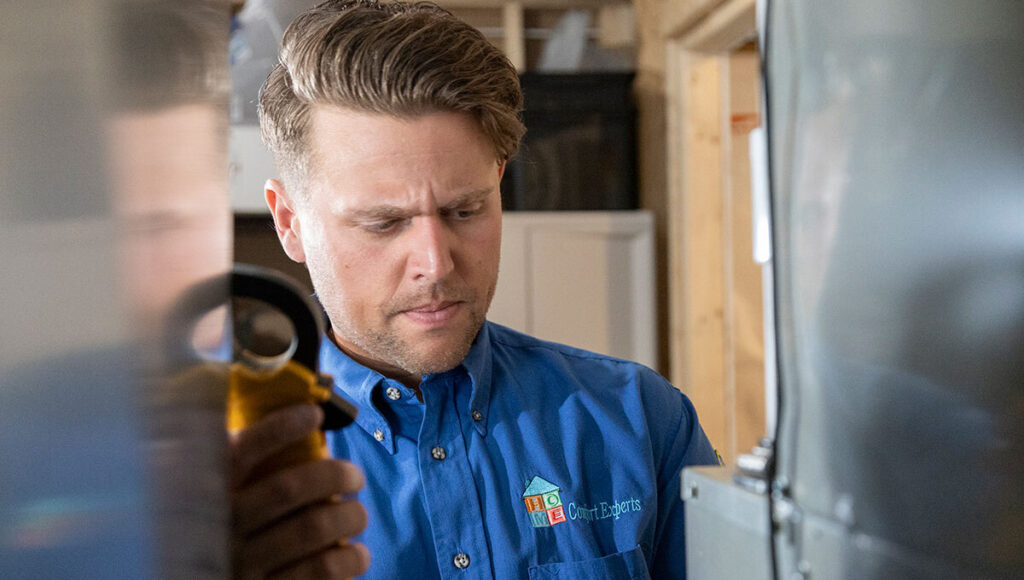Blog
Is Your Home’s Indoor Air Quality Bad for Your Health?
We like to think of our home as a sanctuary from the evils of the outside world. Unfortunately, when it comes to your home’s indoor air quality, there are more dangers lurking in your home than you would expect.
Indoor Air Quality Dangers in Your Home
Biological pollutants like mold, pollen and animal dander are part of everyday life in your home. The fuels you use to heat your home like natural gas, oil or wood can give off harmful gases such as carbon monoxide if they are not vented properly. And that’s all to say nothing of chemicals like formaldehyde, commonly found in carpets and plywood, or chemicals used in pesticides and paint. But don’t be scared, there are a few options to ventilate your home and get rid of these air quality hazards.
Make Your Home’s Air Quality Healthier
- Fresh Air: While opening a window and letting in a little fresh air is a great way to ventilate your home, in the dead of winter or the heat of summer it is not always a very comfortable alternative. Consider adding a Heat Recovery Ventilator (HRV) or Air-to-Air Heat Exchanger to bring fresh air into your home.
These devices can be added to an existing central AC system. They work by venting some of the stale air circulating through your ductwork and bringing in fresh outdoor air that is then heated or cooled depending on the time of year. HRVs are effective at reducing the concentration of many of the dangerous chemicals listed above.
- Clean the Air: Your heating and cooling system has a simple filter, but if your home has multiple pets or people with allergies, a pleated filter can catch smaller particles of pollen or mold. An electronic air cleaner will eliminate additional particles. Just remember to clean these devices regularly because as they do their job of collecting dirt, they can become clogged and restrict the airflow through your heating system.
- Control the Dust: Something as simple as vacuuming more often to reduce dust and pet dander will certainly help. Consider using a vacuum with a HEPA-type filter which will remove even more dust and dander as you clean.
- Clean the Ducts: Regular duct cleaning will reduce the dust, mold and other particulates that have accumulated along the surfaces leading to and from your furnace or fan coil.
- Keep Appliances in Working Order: Proper installation and maintenance of all combustion appliances (like your furnace or hot water heater) is the best way to prevent exposure to dangerous gasses. A simple check every year by a trained professional will find small cracks or flaws before they become big ones. If you have multiple gas appliances, you may also want to consider installing a UL-listed CO monitor.
Want to make your home a healthier place? Open a window regularly, keep dust to a minimum and give Home Comfort Experts a call for recommendations on which of the solutions above make the most sense for your home!






